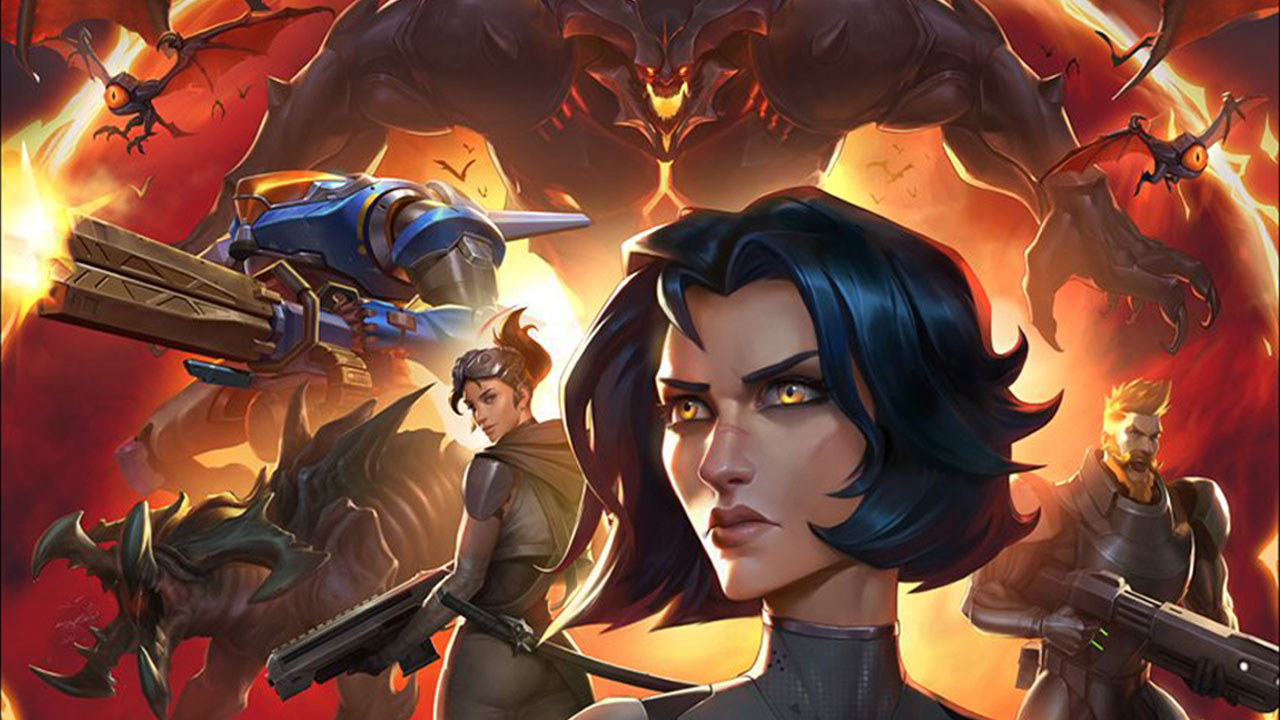
Stormgate is an upcoming RTS developed by Frost Giant Studios, veterans from the Warcraft and Starcraft series, two of the most popular RTS franchises. In a recent YouTube video, Chief Architect James Anhalt discussed their proprietary networking model called SnowPlay.
Stormgate will take users input and simulate the anticipated outcome of their actions. Should these actions differ from the actual input, a “rollback” will be applied to adjust. This type of gameplay network is typically referred to as “rollback netcode”.
Rollback netcode has traditionally been used in fighting games for years now, the intention is that this will allow players of varying latencies to compete on the same playing field without interruptions or other accommodations for lag.
You can check out the details about Snowplay in the video below.
Traditionally, players would make their inputs and the server hosting the game would need time to compute the outcomes of both players actions and their consequences on the playing field.
This is true for both RTS and Fighting games. Rollback netcode treats both players actions as local inputs with no latency, the drawback is the rare occasions that the simulated actions of the other player are incorrect.
When this happens, the state of the game will be rolled back hence the name. These rollbacks are only a fraction of a second if that and not dissimilar to the latency players experience on traditional networks.
The big difference here is that instead of experiencing this latency for every action, a rollback only occurs when a player’s actions don’t match the simulation, meaning interruptions happen far less, but when they do they can potentially be dramatic.
Despite this drawback, rollback netcode in place of traditional multiplayer networking has been a welcome change in the fighting game community.
Many fighting games these days either launch with rollback netcode, or receive updates to implement it. The new SnowPlay network in Stormgate could be the start of a new trend in the RTS genre.
Stormgate is expected to enter beta sometime in 2023, an expected release date has yet to be announced.